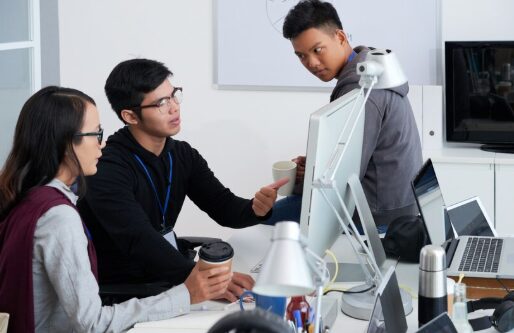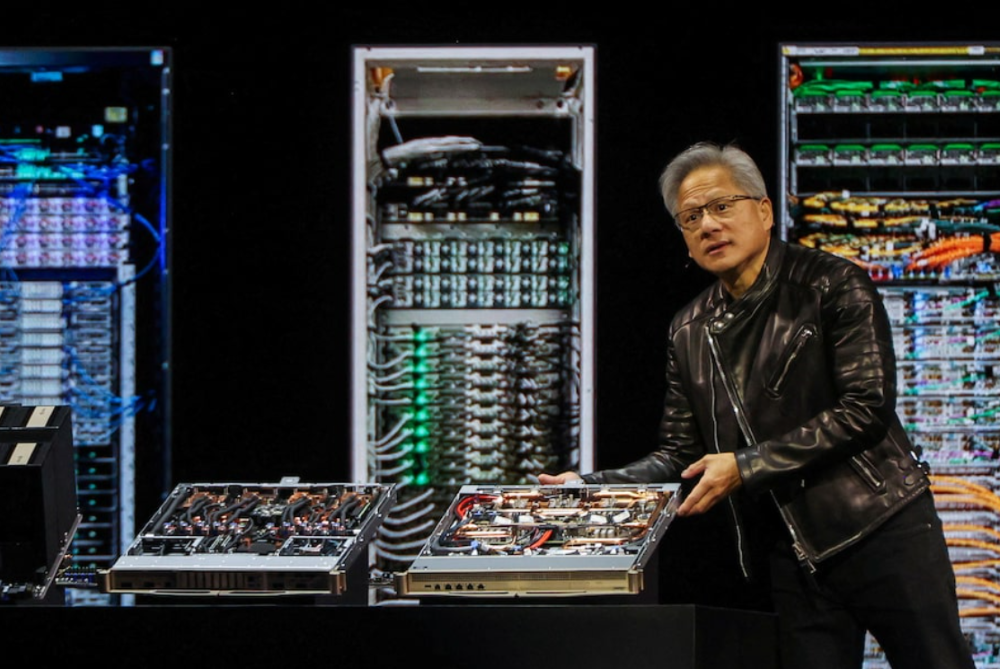The Rise of AI Automation in Global Businesses
Author: Faddi Shaikh Official

In an era where every second counts and efficiency is the key to success, businesses around the world are increasingly turning to artificial intelligence (AI) to streamline operations. The advent of AI automation is not just a trend; it is a critical evolution in how companies approach workflow and productivity. This transformation is particularly evident in regions like the UK and India, where companies are grappling with rising labor costs and a shortage of skilled workers.
Traditional automation methods, which rely heavily on rule-based instructions, have limitations that AI effectively overcomes. Traditional systems require constant human intervention and are not capable of evolving based on new information or changing conditions. In contrast, AI automation capabilities allow systems to learn from data, make informed decisions, and respond to dynamic business environments without the need for direct human oversight.

An AI automation system implemented in a UK manufacturing facility, showcasing enhanced productivity.
Faddi Shaikh, an expert in AI solutions, emphasizes the urgency for businesses to embrace these technologies to avoid being outpaced by competitors. He explains, "In today’s fast-moving economy, businesses that cling to outdated automation might find themselves struggling to keep up. AI tools not only optimize existing processes but also unlock innovative opportunities for growth and efficiency."
The introduction of AI automation has been especially beneficial in sectors such as automotive manufacturing and digital payments. For instance, companies like OPPO are launching new technologies, such as the OPPO Reno14 Pro 5G, that leverage AI features to enhance user experience and operational efficiency. This move is reflective of a broader trend where technology companies are integrating AI into their products, thereby transforming the marketplace.
In addition to individual companies adopting AI, entire industries are undergoing a significant shift. Nvidia, as reported recently, unveiled its AEON humanoid robot, which not only showcases AI’s potential in robotics but also signals a future where AI could greatly enhance productivity across various sectors. Analysts predict the robotics unit's revenue could increase dramatically, demonstrating how businesses can benefit from investing in AI.

Nvidia's AEON humanoid robot, illustrating advancements in AI and robotics.
As businesses embrace AI automation, concerns also arise regarding workforce implications, particularly in tech and creative sectors. An Xbox executive’s recent comments concerning layoffs faced intense backlash after suggesting laid-off employees should 'use AI to manage their emotions.' This incident has sparked a debate about the role of AI in employee wellness and the ethical implications of machine-driven solutions for human problems.
Furthermore, the integration of AI in everyday consumer products is making headlines, with companies developing 'AI phones' designed to enhance user interaction and productivity. The emergence of top flight booking apps utilizing AI to find the best deals exemplifies how much technology is transforming consumer expectations and service delivery.

AI-driven flight booking applications simplifying travel planning for consumers.
Visa’s upcoming tap-to-pay service in the Philippines aims to leverage NFC technology to streamline payments, showcasing how fintech companies are integrating AI solutions to enhance customer experiences. Such innovations demand that employees adapt to new technologies while also spotlighting the potential of AI to create job opportunities in tech and finance.
However, while the future seems bright for AI, it also poses questions about cybersecurity and privacy. The potential use of AI to hack into human subconscious through subliminal messaging, as discussed by industry leaders, reveals the dual-edged aspects of these powerful technologies. Ensuring that advancements in AI do not violate ethical standards will be imperative to fostering trust among consumers and employees alike.
In conclusion, the trajectory of AI in business indicates that automation is not merely a trend but a fundamental shift that will define the future of work. Businesses that proactively integrate AI systems are positioning themselves for success, as illustrated by various case studies across industries. The conversation around AI encompasses not only technological advancement but also the broader implications for society, ethics, and employment.
Moving forward, it is essential for all stakeholders—businesses, employees, and policymakers—to collaboratively shape a future where AI complements human efforts rather than replaces them. The integration of AI into everyday business practices requires a balanced approach that fosters innovation while maintaining the workforce’s welfare.